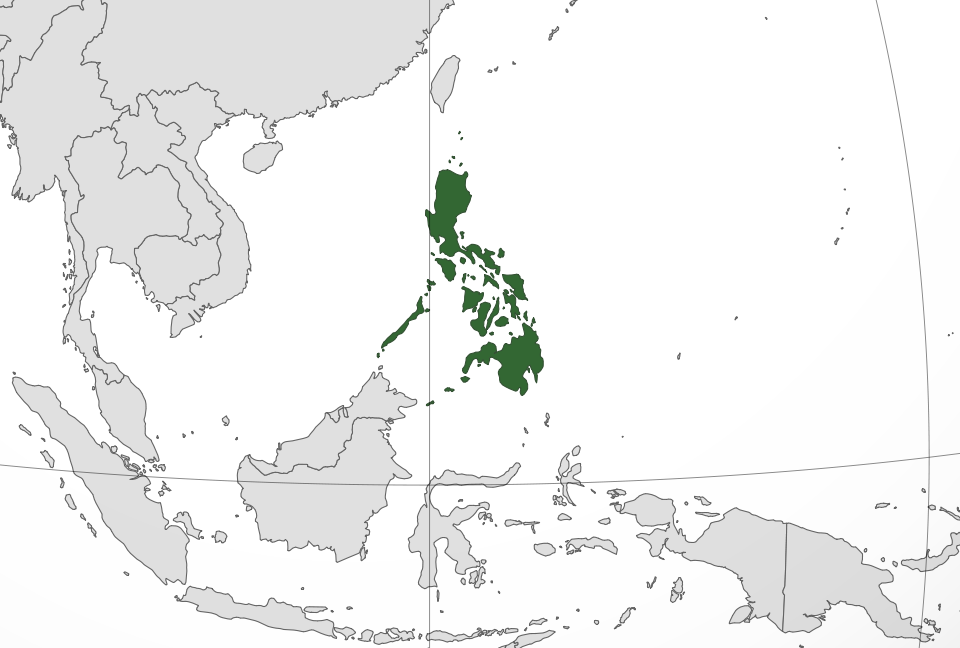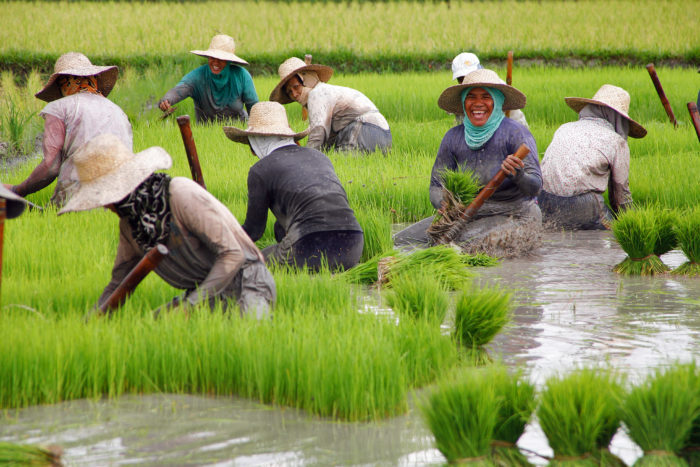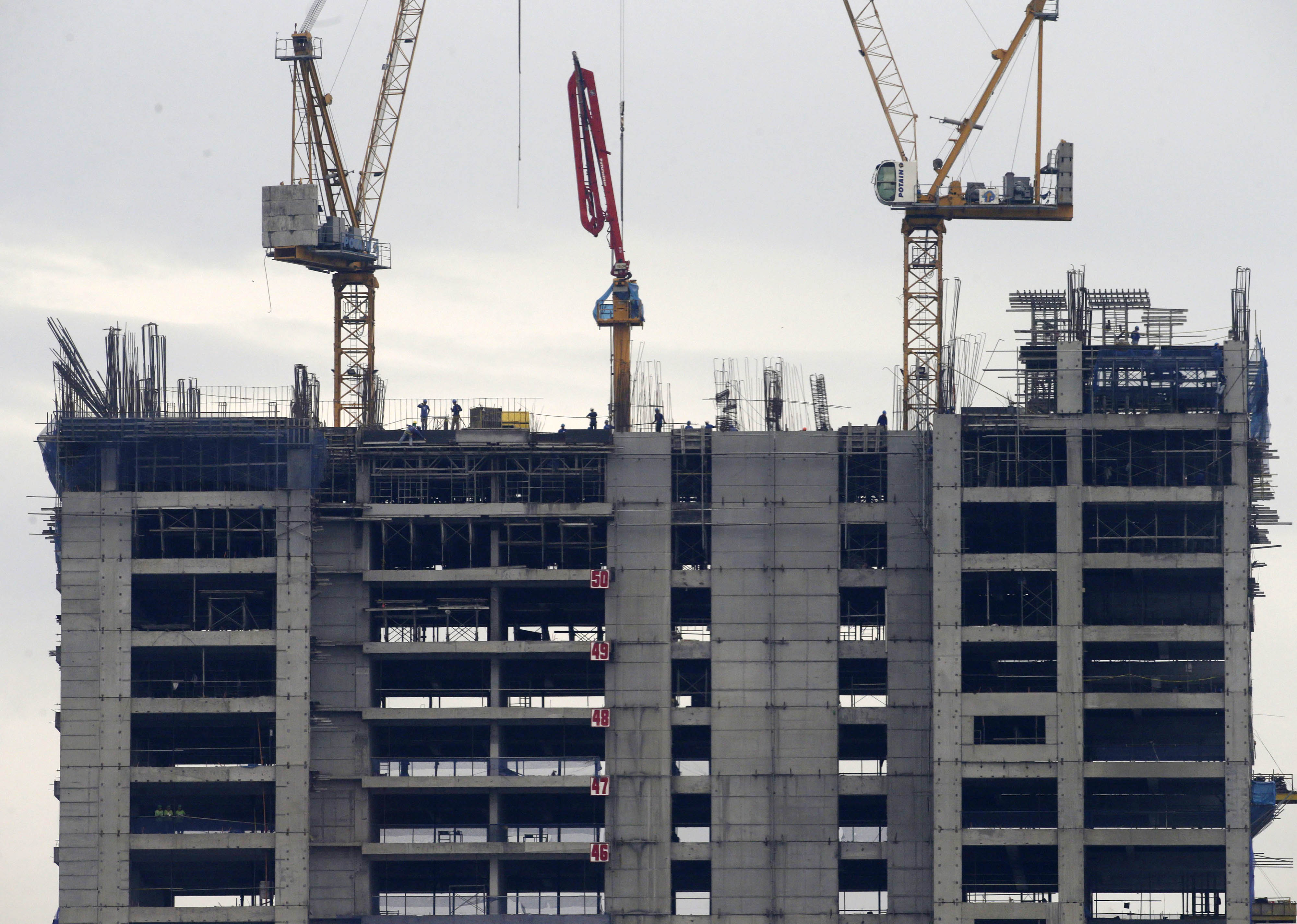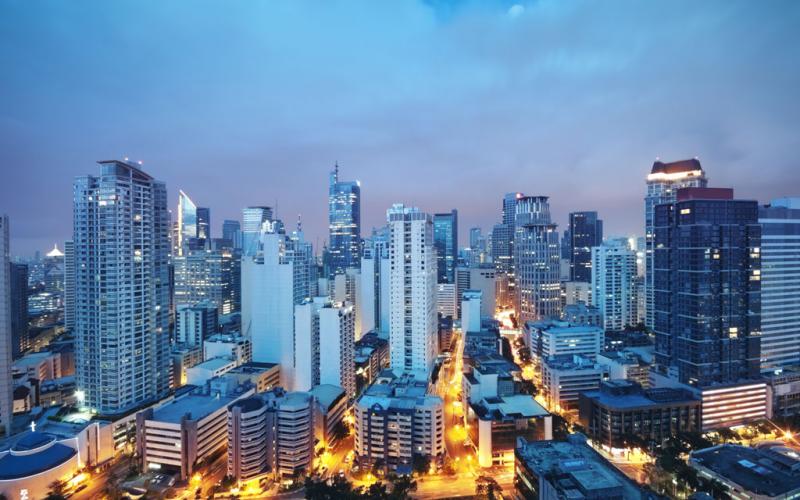In early 2017, a report by CNN revealed that the Philippine economy grew at its fastest rate in the last three years. As the country’s gross domestic product (GDP) grew by 6.8% in 2016 compared to the year before, experts agreed at the nation’s resistance to global economic risks.
Beyond growth in GDP, every foreign entrepreneur looking to start a business in the Philippines needs to know these important data and statistics to support his or her decision to invest in the country.
The Filipino workforce is young and competitive.

- While neighboring countries like Japan, Asia, South Korea, and Hong Kong are facing an aging workforce, the Philippines has a young labor pool that makes the country “a good investment site well beyond 2030.” (Business World, 2014)
- Filipinos’ capabilities and merits as blue-collar workers, technicians, professionals, and managers have been confirmed in postings with foreign firms operating in the Philippines and abroad. (PwC, 2013)
- With higher education priority, the literacy rate in the Philippines is 96.3%. To compare, the average literacy rate in the entire world is only 86.3%. (UNESCO, 2017)
- English is taught in all schools, making the Philippines the world’s third largest English-speaking country. (Invest Philippines)
- Most Filipinos are bilingual, speaking English and Filipino, which are the official national languages. (PwC, 2013)
- About 63% of the total population is of working age, and 64.1% are employed. Approximately 500,000 persons enter the labor force every year. (PwC, 2013)
The location of the Philippines is strategic.

Image source: UNESCO
- To the east of the Philippines is the vast expanse of the Pacific Ocean, which earned the country the title, “gateway of the west to Asia.” (PwC, 2013)
- The Philippines is also located right in the heart of Asia. It is located within four hours flying time from major capitals in the region. (Invest Philippines)
- Sited at the crossroads of the eastern and western business, it is a critical entry point to over 500 million people in the Association of Southeast Asian Nations (ASEAN) market and a gateway of international shipping and air lanes suited for European and American businesses. (Invest Philippines)
The Philippines is abundant in natural resources.

Image source: Joaquin Go via UNPD
- The country is rich in natural resources such as vast arable lands, fishing grounds, forests, and extensive mineral reserves. (PwC, 2013)
- It is home to 2,145 fish species, four times more than those found in the Bahamas. (Invest Philippines)
- The Philippines is the biggest copper producer in Southeast Asia, and is among the top ten producers of gold in the world. (Invest Philippines)
- The 7,100 islands boast of beautiful beaches and breathtaking sceneries that offer soothing leisure and relaxation spots for vacationers and tourists. (Invest Philippines)
The country offers a low cost of doing business and living.

- Wages are typically less than a fifth of that in the United States. (Invest Philippines)
- Foreign companies that are outsourcing programming and business processes to the Philippines estimate 30%-40% business cost savings, 15%-30% call center services and application systems, and 35%-50% software development. (Invest Philippines)
- Local communication, electricity, and housing costs are also 50% lower compared to the US rates. (Invest Philippines)
- Data collected in 2015 revealed that the Philippines is one of the world’s cheapest countries to live in. (Philippine Star, 2015)
The Philippine economy is liberalized and foreign investor-friendly.

- The Philippine government is committed to open trade, manifested in the country’s membership to the World Trade Organization (WTO) and participation in the ASEAN Free Trade Agreement (AFTA) and the General Agreement on Tariff and Trade (GATT). (PwC, 2013)
- The foreign-investor friendly posture of government has manifested its commitment to creating conditions that attract foreign investments. Liberalized policies and regulations on foreign investments continue to be put in place. (The Hague, Embassy of the Philippines, 2014)
- An open economy, like the Philippines, allows 100% foreign ownership in almost all sectors and supports a Build-Operate-Transfer (BOT) investment scheme that other Asian countries emulate. (The Hague, Embassy of the Philippines, 2014)
- Incentive packages include the corporate income tax, reduced to a current 32%, with companies in the Special Economic Zones (ecozones) subject to only 5% overall tax rates. (The Hague, Embassy of the Philippines, 2014)
- Moreover, foreign investors may be entitled to incentives such as tax exemptions and tax and duty-free importation of specific equipment and materials. (The Hague, Embassy of the Philippines, 2014)
The Philippines offers unlimited business opportunities and fast-developing infrastructure in a booming economy.

Image source: Inquirer
- Asian economies integrate within the broad framework of AFTA, making the Philippines a natural and most strategic location for firms that want access to the large ASEAN market and its vast trade opportunities. (Invest Philippines)
- The Philippines has enhanced and primed up various areas for investors and offers a dynamic consumer market accustomed to an array of product choices created by a competitive domestic economy. (Invest Philippines)
- The country posted as the fastest growing economy in Asia in 2016. (Bloomberg, 2016)
- A large potential market for consumer goods on account of its fast-growing population. Its ASEAN affiliation provides further opportunities for access. (PwC, 2013)
- The Philippines has a competitive edge in information and communications technology (ICT), including call centers. (PwC, 2013)
The Philippines is a growing economy—all of which are results of a young, educated, and skilled workforce, an investor-friendly government posture, and a strategic location and geography. With all these in mind, foreign entrepreneurs should definitely start a business in the Philippines and take advantage of the country’s business-friendly attributes.

Rocky Chan is a lawyer and business consultant who excels in corporate formation, immigration procedures, and client relations. In the last 7 years, he honed his craft in the field of foreign investment consultancy.

